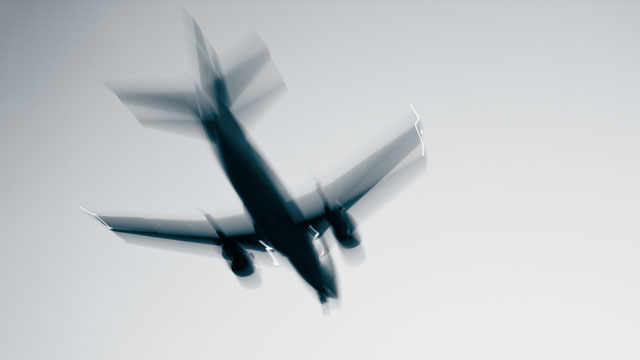The National Transportation Safety Board (NTSB) recently published preliminary accident stats for 2019 that show both general aviation and the airlines with a slight increase in both total and fatal accidents.

The article attributes these increases in large air carries to industry expansion and increased flying; however, commuter airlines actually flew less in 2019, resulting in one of the worst accident rates per 1,000,000 hours in the last two decades. Delving through the statistics, we can see some interesting trends and extrapolate how those trends correlate with an increase or decrease in flights, or flying hours. If these trends hold, we should see a marked decrease in the accident and fatality rates in 2020 due to the extreme decrease in air traffic with global shutdowns and overall reduced travel due to the COVID-19 pandemic.
An even more interesting question is, how will these accident and fatality statistics trend in 2021 and subsequent years? Will the reduced flying in 2020 impact pilots’ skill readiness and manual flight operations proficiency? Will there be other factors that weigh on the industry as aircraft get moving again and pilots resume hectic flying schedules?
APS has taken an in-depth look at how recent reductions in flying hours might affect pilot manual handling proficiency, and we conclude that a “better safe than sorry” approach is certainly warranted based on general proficiency guidelines as well as perceived pilot proficiency sentiments currently being expressed by pilots. Proactive interventions now could prevent a 2021 NTSB statistical report outlining increases in the accident and fatality rates across the aviation industry as expansion begins again after the reduced flight hours in 2020.
Upset Prevention and Recovery Training (UPRT) has been identified by the FAA and others as one of the best ways to mitigate the risks of manual handling deficiency as well as the risk of Loss of Control In-flight that UPRT was created to combat. This intensive, 3-4 flight training course of instruction gets pilots in the cockpit for an intensive and highly optimized hands-on opportunity to refine and bolster their existing manual handling and piloting skills even as they learn new, often counterintuitive skills to prevent or recover from an unexpected airplane upset.




Comments: